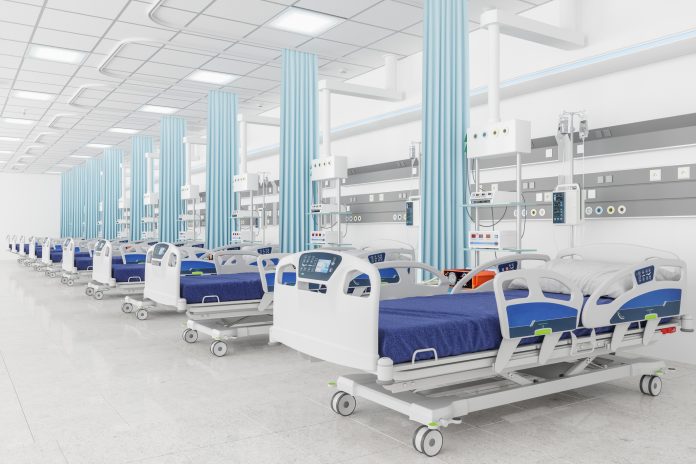In line with the Urgent and Emergency Care Recovery Plan, £250 million is designated to bolster NHS capacity, easing hospital strain and tackling waiting lists, a government priority
To expedite patient care and mitigate waiting list challenges, the funding will usher in adding 900 beds within hospitals.
These beds aim to enable swifter treatment and reduce the backlog of patients awaiting medical attention.
A critical step for NHS winter preparedness and beyond
Aligned with efforts to bolster NHS capacity and enhance performance in anticipation of the winter season, this initiative will also establish 5,000 permanent beds.
This stride is crucial for equipping the NHS to meet heightened demands during colder months and will be beneficial to combat the issues revolving NHS capacity.
Government’s pledge for streamlined care services
Under the directive of the Health and Social Care Secretary, Steve Barclay, the UK government’s commitment to streamline care services takes shape.
The focus remains on relieving pressure and reducing waiting lists through the infusion of £250 million in funding for the NHS.
Approximately thirty NHS organisations throughout England will benefit from the investment, which extends to urgent treatment centers and same-day emergency care services. These centers aim to expedite patient evaluation, enabling rapid response without immediate hospitalisation.
NHS capacity to be well prepared for January 2024
The scheme is set to be predominantly operational by January, addressing the surge in winter healthcare requirements.
This strategic investment aligns with the NHS Urgent and Emergency Care Recovery Plan, unveiled in January.
As part of this more significant endeavor, 5,000 additional permanent, fully staffed hospital beds will be provided, with 900 beds representing a vital component of this commitment.
The plan includes improved ambulance services
Additionally, the plan entails the introduction of 800 new ambulances, including specialised mental health ambulances, to enhance emergency response times during the winter season.
These initiatives will function alongside the innovative ‘care traffic control’ centers, where multidisciplinary teams from healthcare, social services, housing, and voluntary sectors collaborate.
These centers will facilitate prompt, well-informed decisions about patient discharges, aiming to transition them smoothly into a home or community care setting.
The NHS’ pioneering virtual ward program comes to the rescue
Moreover, the NHS’ pioneering virtual ward program, slated for expansion to include children, underscores its forward-looking approach to healthcare. The expected increase in virtual ward bed capacity to 10,000 by autumn demonstrates the NHS’ commitment to versatile and efficient care solutions.
This substantial capital funding complements existing Urgent and Emergency Care Recovery Plan investments.
Notably, £1 billion is dedicated to boosting urgent and emergency services capacity, building upon the £500 million allocated last winter.
Moreover, £200 million has been injected into ambulance services to extend operational hours, with an additional £1.6 billion earmarked for social care to free up beds by expediting patient discharges.











